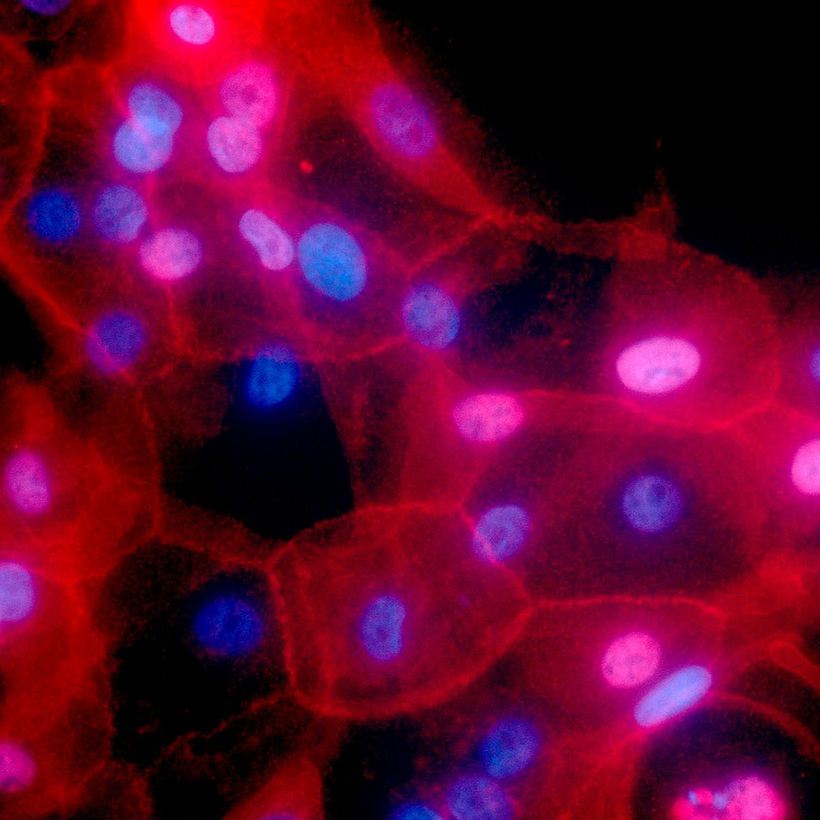I was 13 when my best friend died of brain cancer. That was also the year my grandmother developed the first of the ovarian tumors that would eventually kill her. And the year her daughter, my aunt, was diagnosed with late-stage breast cancer—maybe a product of the lymphoma that had afflicted her decades earlier, at 17, or of the experimental isotopes that had saved her life, but maybe just a freak coincidence. In any case, as I soon learned, cancer has a way of rendering the “why” largely irrelevant; a tumor is always, in some sense, a non sequitur. And so, that time of encroaching illness would come to feel less like a sequence of discrete events, of causes and effects, than like a lightless singularity, a kind of narrative black hole.
I thought of this again recently as I read The Mutations, the promising, frustrating, and ultimately moving debut of the young Mexican writer Jorge Comensal. It’s a novel brightly alert to the conflict between the storyteller’s imperatives and the raw facts of disease. (An epigraph comes from Susan Sontag: “The most truthful way of regarding illness … is one most purified of, most resistant to, metaphoric thinking.”) That The Mutations nonetheless takes cancer as its central subject seems, at first, an act of kamikaze daring. Yet for all the obvious risks the novel runs—and sometimes can’t outrun—it also taps a hidden power.

